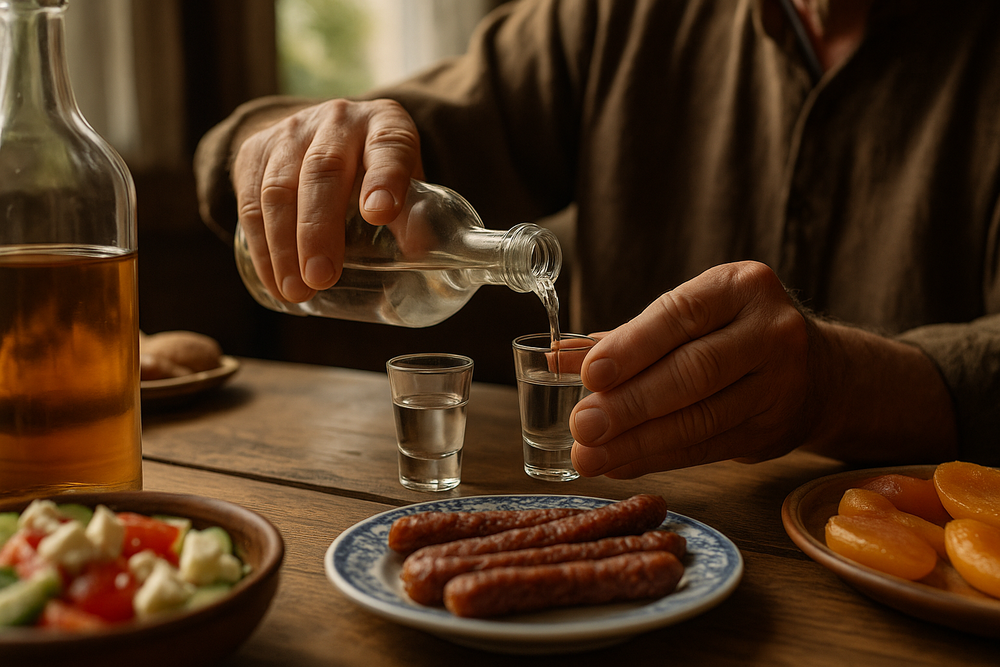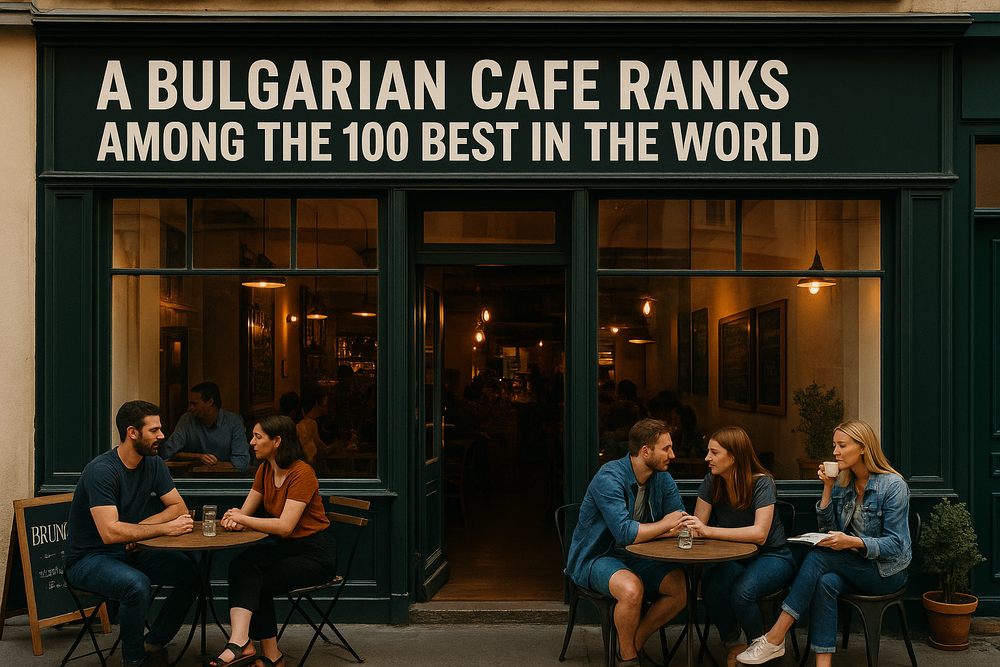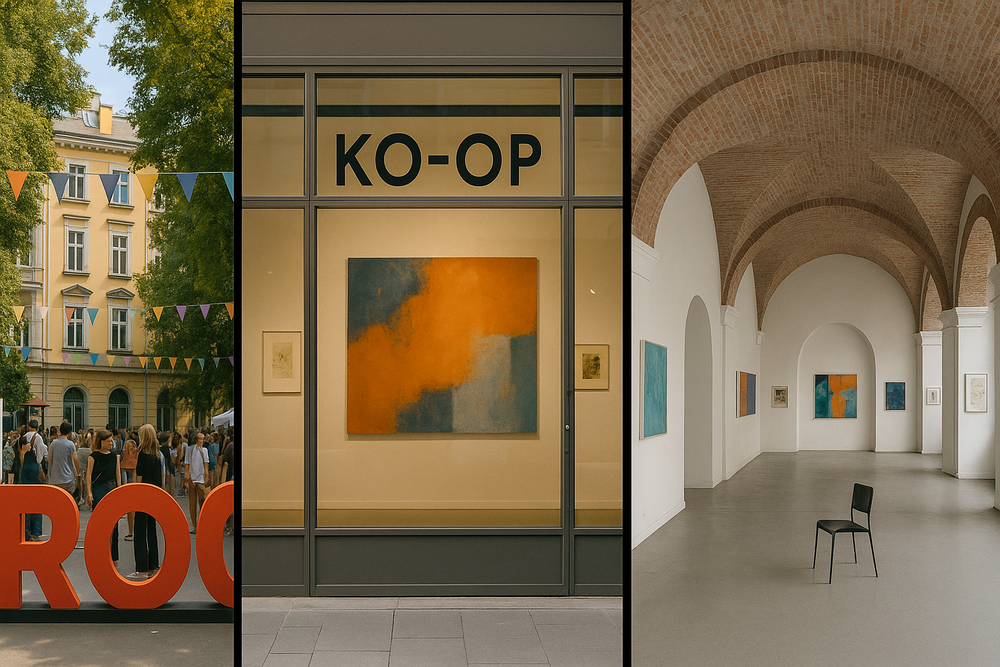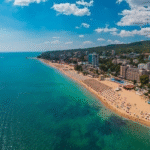
Rakia 101: Understanding Bulgaria’s Beloved Brandy Culture
In Bulgaria, there’s one drink you’ll encounter everywhere—from the countryside to city restaurants, from wedding feasts to quiet dinners at home. It’s not wine, beer, or vodka—it’s rakia, the fiery fruit brandy that holds a special place in Bulgarian culture.
What Is Rakia?
Rakia is a strong distilled spirit made from fermented fruit, with an alcohol content that usually ranges between 40–50%, though homemade versions can be even stronger. In Bulgaria, rakia isn’t just a drink; it’s a tradition, a source of pride, and a symbol of hospitality.
The most common types of rakia in Bulgaria are made from:
Plums (сливи) – known as сливова ракия, especially popular in central and western regions.
Grapes (грозде) – гроздова ракия, light and smooth, often served in coastal areas.
Apricots (кайсии) – кайсиева ракия, sweet-smelling and aromatic, mostly found in the Danube region.
Each fruit gives rakia its own distinct character. Families often produce their own rakia at home, with recipes passed down over generations.
The Ritual of the Slow Toast
In Bulgaria, drinking rakia is not a rushed affair. It’s a ritual, often starting meals as an aperitif, accompanied by шопска салата (shopska salad) or other light appetizers. Glasses are small, usually 30–50 ml, and the drink is sipped slowly, not shot back like vodka.
Toasts are taken seriously. The first toast usually comes from the host and should be met with eye contact, a nod of respect, and the traditional word: Наздраве! (Nazdrave!) — “To your health!” Throughout the evening, more toasts will follow, often personalized and heartfelt.
Rakia is about more than alcohol; it’s about connection, presence, and savoring the moment.
Do’s and Don’ts for First-Timers
If it’s your first time drinking rakia in Bulgaria, keep these cultural tips in mind:
Do:
Sip slowly. Rakia is strong and meant to be enjoyed at a relaxed pace.
Eat while drinking. Rakia is almost always paired with food, especially pickled vegetables, cheese, or cured meats.
Accept a toast. Refusing rakia can be seen as impolite, especially in someone’s home.
Don’t:
Chug it. Bulgarians rarely drink rakia like a shot—it’s a sign of inexperience or disrespect.
Compare it to vodka. Though they may seem similar, rakia is considered more refined and artisanal.
Skip the toast. Social rituals matter—raising your glass and saying “Nazdrave” is expected.
A Spirit of National Identity
Beyond its flavor, rakia represents something deeply Bulgarian. It’s served at baptisms, weddings, funerals, and family reunions. It’s home-distilled in villages and studied in university chemistry labs. It bridges generations and connects people across regions.
Trying rakia is more than tasting a local drink—it’s stepping into a living tradition.
So next time you find yourself at a Bulgarian table and someone offers you a tiny glass of rakia, don’t hesitate. Raise your glass, make eye contact, and join the moment.
Наздраве!





